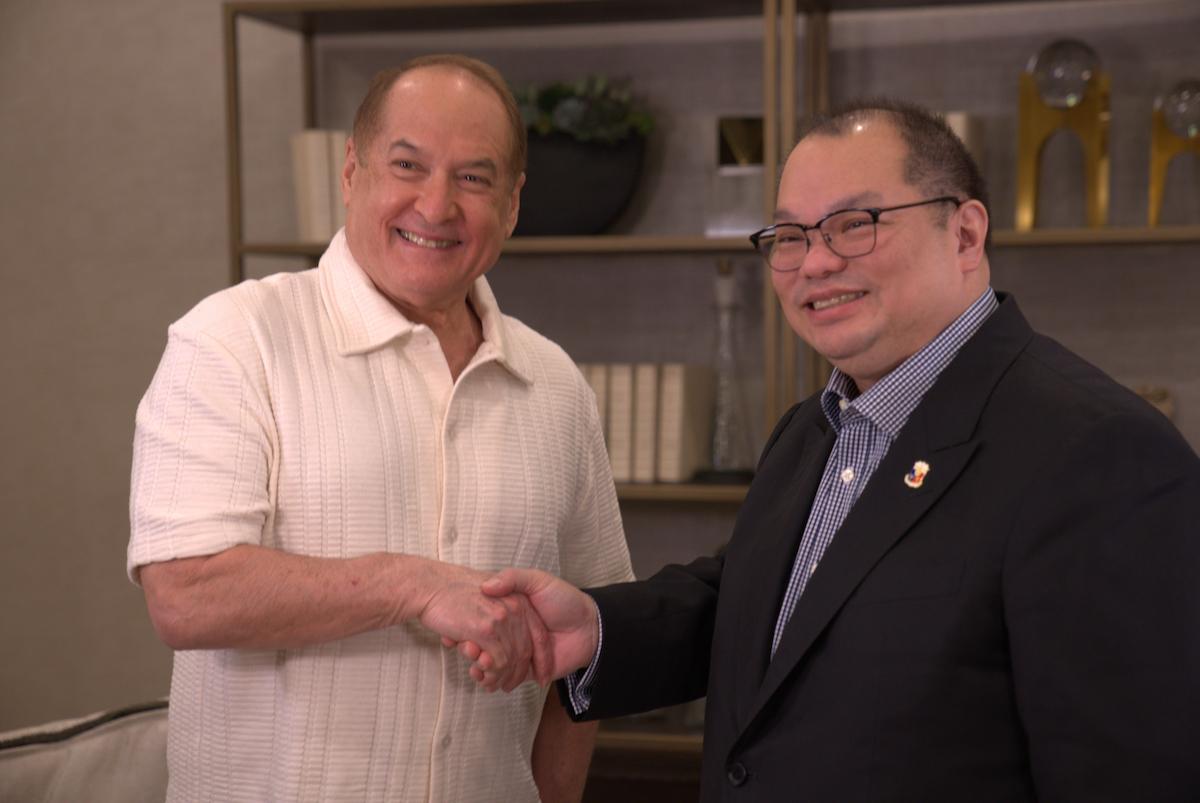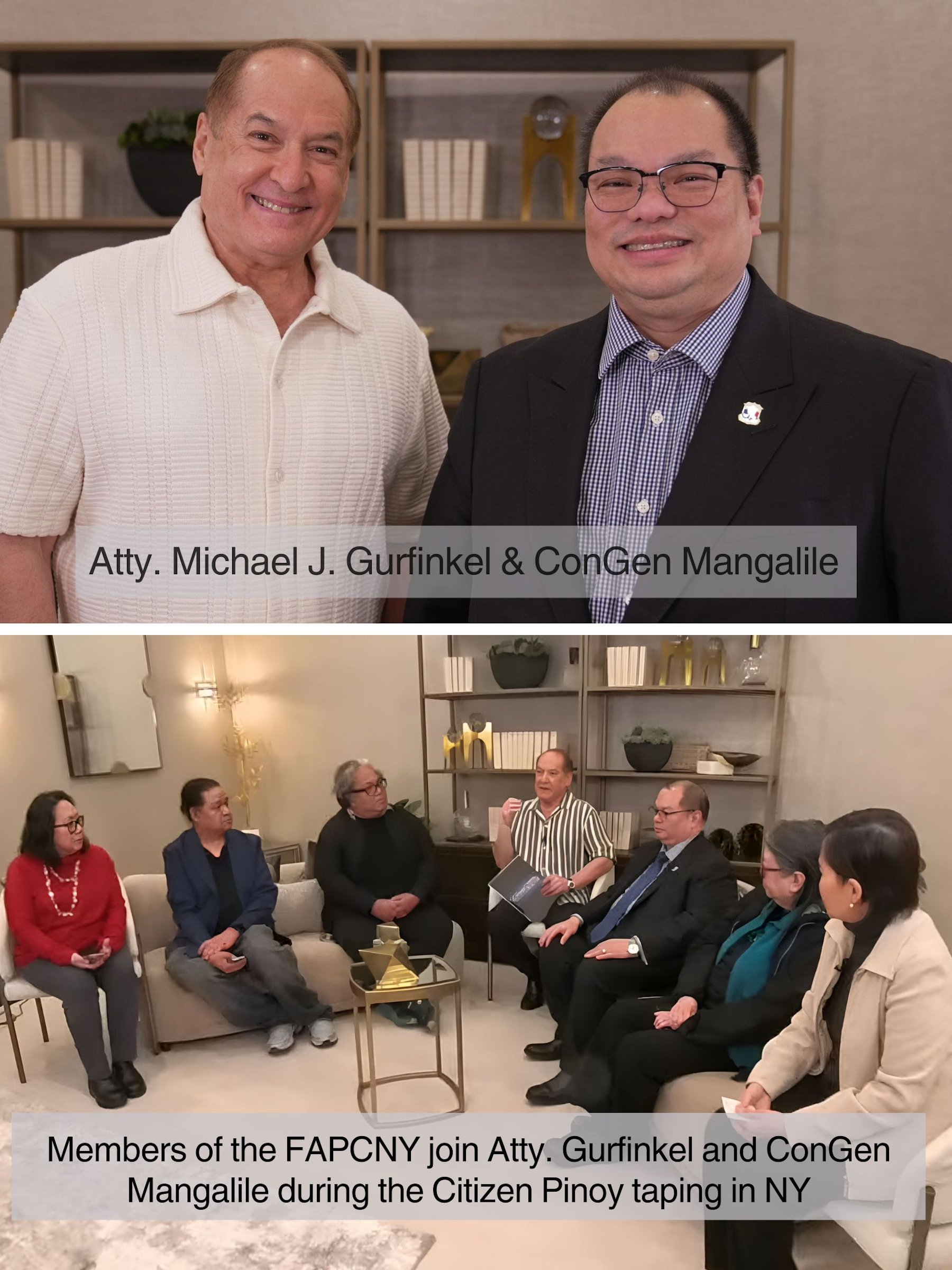ALIENS who wish to visit the US temporarily for business may be issued B-1 business visitor visas. Under 22 CFR 41.31(b)(1), the term “business” refers to conventions, conferences, consultations and other legitimate activities of a commercial or professional nature but it does not include local employment or labor for hire.
The problem with B-1 visas is the difficulty of distinguishing appropriate B-1 business activities from activities that constitute skilled or unskilled labor. If the alien’s activities are considered labor, the visa application would be denied or, if already issued, the alien would be violating his status. In this article, we’ll try to understand the permissible scope of business activities under B-1 visas.
In Matter of Hira, 11 I&N Dec. 824 (BIA 1966), the alien worked for a Hong Kong manufacturer of custom made men’s clothing. The alien traveled to the US on a B-1 visa to take the measurements and orders of customers who contacted him as a result of catalogs distributed in the US by the Hong Kong manufacturer. The alien did not solicit customers in the US. He sent the payments for the merchandise to the Hong Kong manufacturer unless the US customers sent the payments directly to the manufacturer. The alien also sent valuable information to his employer regarding the US market such as the styles and colors which were then in fashion. Based on these facts, the BIA held that the alien’s activities were permissible business activities, not labor, because the principal place of business and the place where the profits accrued were in a foreign country.
The Department of State’s (DOS) guidance for determining appropriate B-1 activities was taken primarily from Matter of Hira. As a rule, activities that are incidental to work that will principally be performed outside of the US are permissible B-1 activities. Let’s see how this rule is applied.
Under 9 FAM 41.31, Note 8, the following are proper B-1 activities: (1) engaging in commercial transactions, which do not involve gainful employment in the US; (2) negotiating contracts; (3) consulting with business associates; (4) pursuing litigation; (5) participating in scientific, educational, professional, or business conventions, conferences, or seminars; or (6) undertaking independent research.
Under 22 CFR 41.31(b)(1), building or construction work is considered labor for hire but supervising or training others engaged in construction work without actually performing the construction work is a proper B-1 activity.
Under 9 FAM 41.31, Note 10.1, an alien is eligible for a B-1 visa if the purpose of his trip is to install, service, or repair commercial or industrial equipment or machinery purchased from a company outside the US or to train US workers to perform such services. However, the contract of sale must specifically require the seller to provide such services or training and the alien must have the necessary specialized knowledge to perform the services or training and must receive no remuneration from a US source.
Under 9 FAM 41.31, Note 10.4-2, an alien is also eligible for a B-1 visa if the purpose of the trip is merely to observe the conduct of business or other professional or vocational activities if the alien pays for his own expenses. However, aliens, such as students who seek to gain practical experience through on-the-job training or clerkships must apply for H, L, or J visas as the case may be.
Under 9 FAM 41.31, Note 11, an alien may qualify for a B-1 visa if the purpose of the trip is: (1) to perform services that could be classified under an H-1 visa (temporary worker); or (2) to participate in a training program. In either case, it is required that: (a) the alien must customarily be employed by a foreign firm; (b) the foreign firm must pay the alien’s salary, and (c) the source of the alien’s salary is from abroad. The alien must not receive any salary or other remuneration from a US source other than an expense allowance or other reimbursement for expenses incidental to the alien’s temporary stay. Incidental expenses may not exceed the actual reasonable expenses the alien will incur in traveling to and from the event, together with living expenses which the alien is reasonably expected to incur for meals, lodging, laundry, and other basic services.
Other business related activities that may be suitable for B-1 classification include, among others: (1) an alien who is seeking investment in the US such as one that would qualify an alien for an E-2 investor visa, although such alien cannot actively manage the business until he obtains E-2 status; (2) an alien, who is a member of the board of directors of a US corporation and is entering the US to attend a board meeting or to perform other functions resulting from such board membership; and (3) professional athletes, such as golfers and auto racers, who receive no salary or payment other than prize money for participating in a tournament or sporting event.
* * *
Charles Medina practices immigration law. Visit his website at www.medinalawgroup.net for more details. This article provides general information only and does not provide legal advice on any specific matter or predict the outcome of any legal matter. It does not invite or create an attorney-client relationship.






